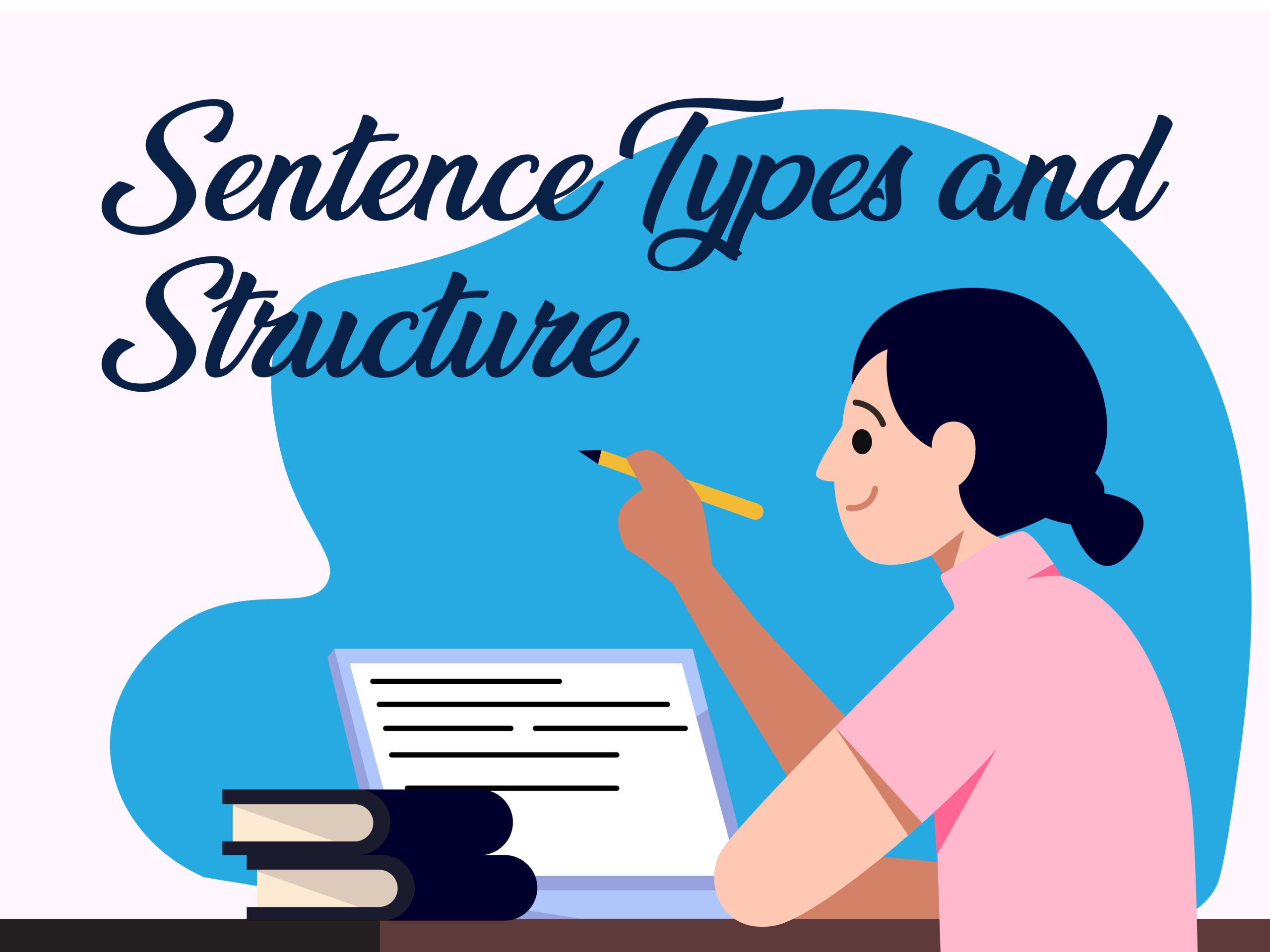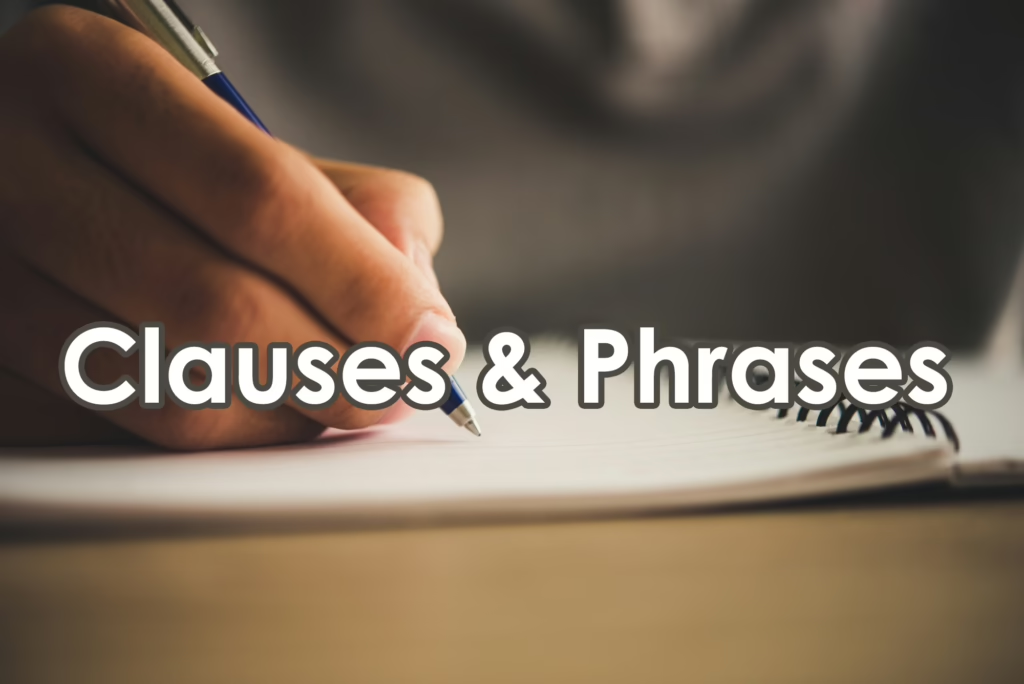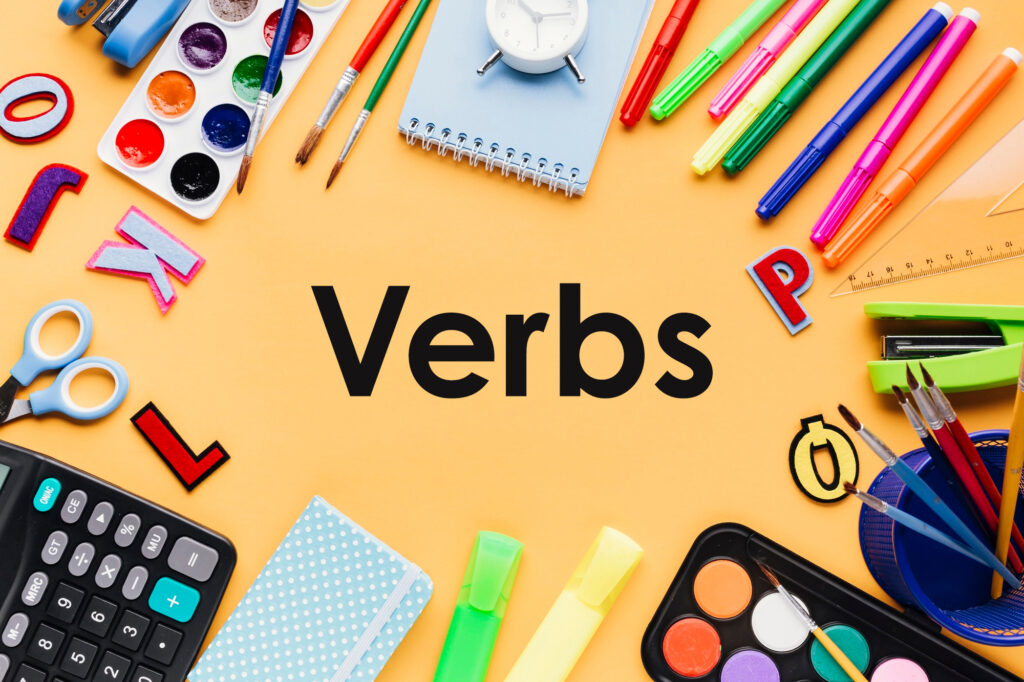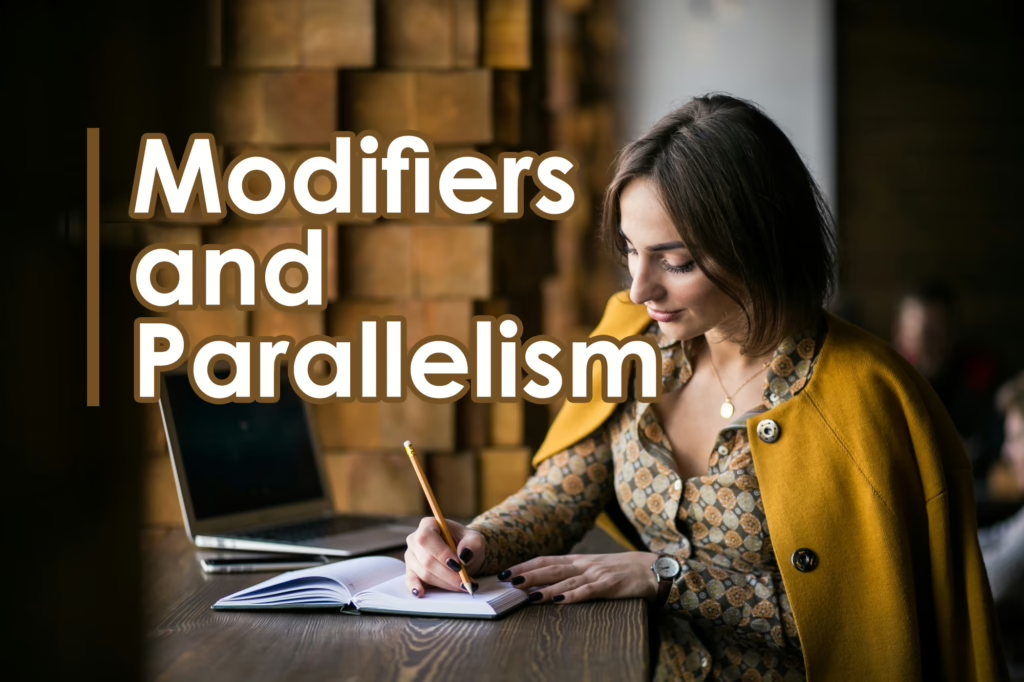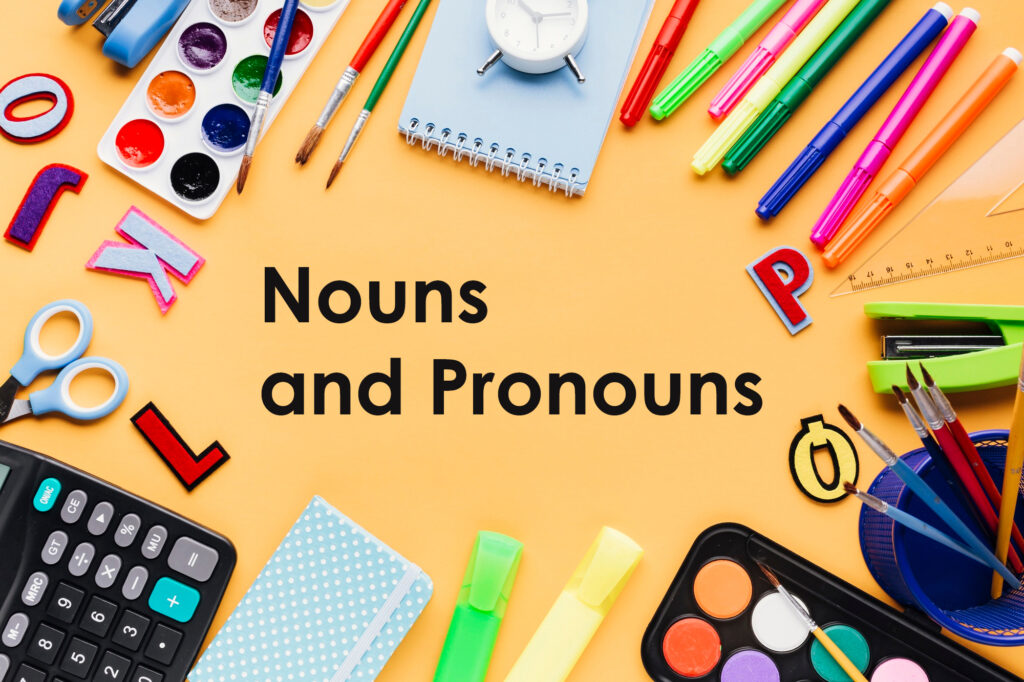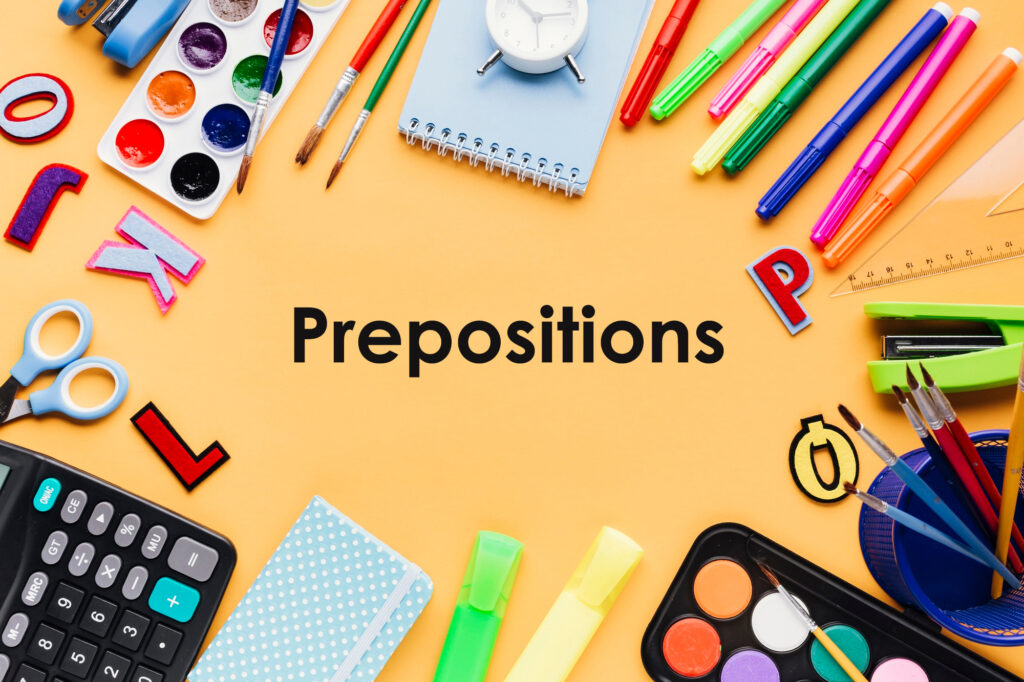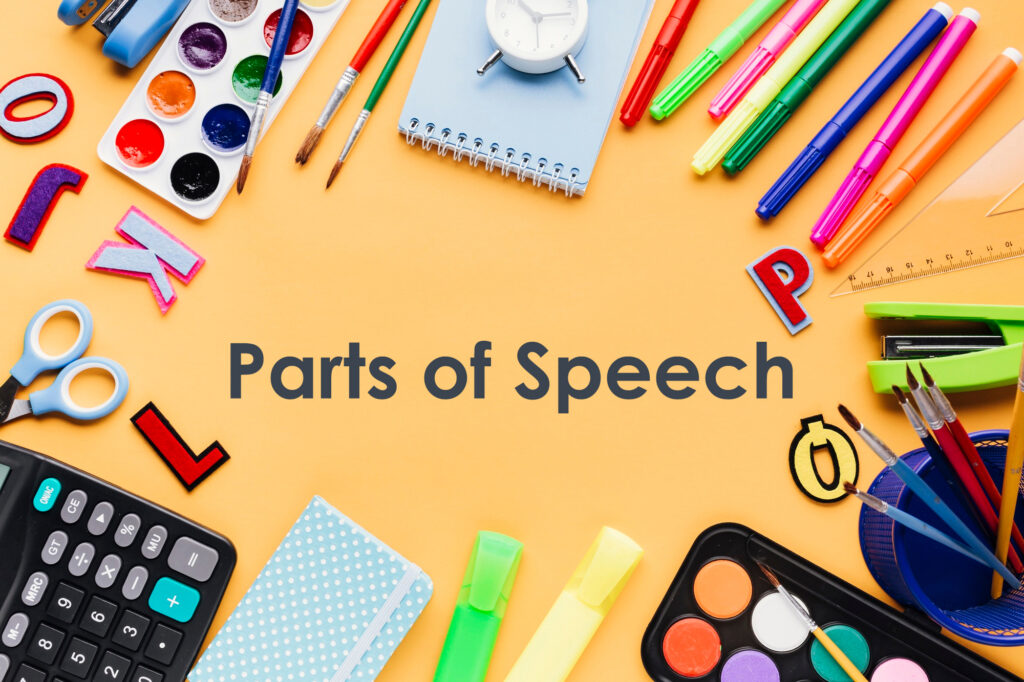10.1 What is a Sentence?
A sentence is a group of words that expresses a complete thought. Every sentence has a subject (who or what the sentence is about) and a predicate (what the subject is doing or experiencing).
✅ Example:
- She writes a story.
- Subject: She
- Predicate: writes a story
🚨 Remember:
A sentence always starts with a capital letter and ends with a period (.), a question mark (?), or an exclamation mark (!).
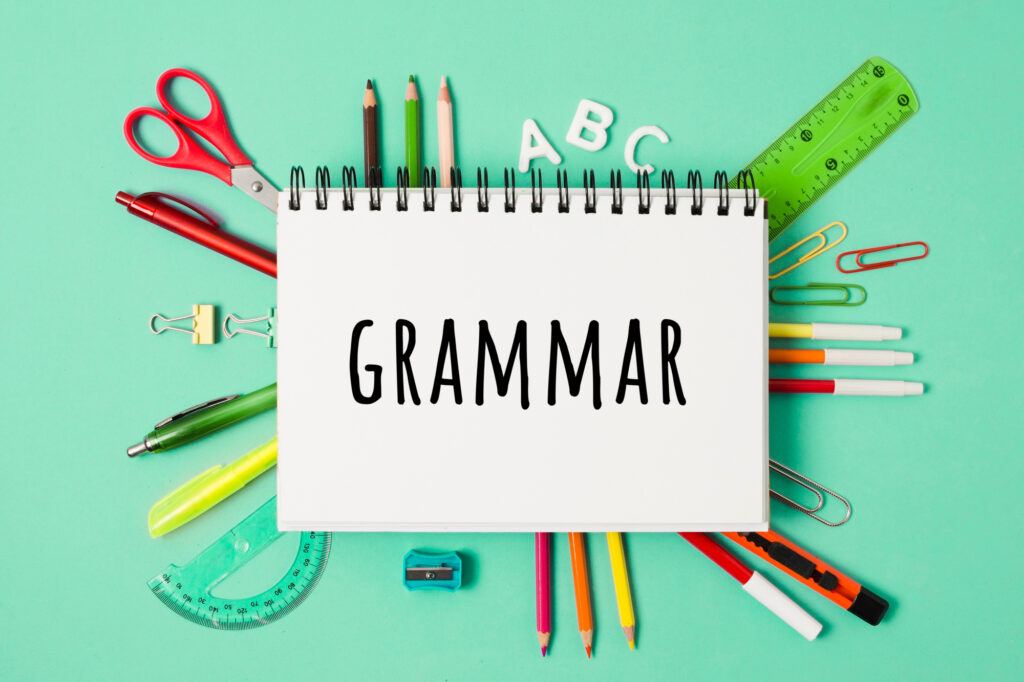
10.2 Types of Sentences (Based on Function)
Sentences can be classified into five types based on their function:
1. Declarative Sentences (Statements)
- These sentences state a fact or opinion and end with a period (.).
- Example:
- The sun rises in the east.
- She loves reading books.
2. Interrogative Sentences (Questions)
- These sentences ask a question and end with a question mark (?).
- Example:
- Where are you going?
- Did you finish your homework?
3. Imperative Sentences (Commands or Requests)
- These sentences give a command, instruction, or request.
- They can end with a period (.) or an exclamation mark (!) if the command is strong.
- Example:
- Please close the door. (Request)
- Sit down! (Command)
🚨 Note:
Imperative sentences often do not mention the subject because it is understood to be “you”.
- (You) Sit down!
4. Exclamatory Sentences (Strong Emotions)
- These sentences express strong feelings or emotions and end with an exclamation mark (!).
- Example:
- What a beautiful sunset!
- I can’t believe we won the match!
5. Optative Sentences (Wishes and Prayers)
- These sentences express wishes, prayers, or blessings and usually end with a period (.) or an exclamation mark (!).
- Example:
- May you live long and prosper!
- Wish you a happy journey!
- May God bless you.
🚨 Key Point:
- Optative sentences often begin with “may” or “wish.”
- They can express good wishes (e.g., “May you succeed!”) or bad wishes (e.g., “May he suffer for his crimes!”).
10.3 Types of Sentences (Based on Structure)
Sentences are also classified into four types based on their structure:
1. Simple Sentence
- A simple sentence contains one independent clause (a complete thought with a subject and a verb).
- Example:
- She loves chocolate.
- They are playing football.
🚨 Key Point:
A simple sentence can have multiple subjects or verbs, but it still remains one independent clause.
✅ Example:
- Jack and Jill went up the hill. (Two subjects, one verb)
- She sang and danced at the event. (One subject, two verbs)
2. Compound Sentence
- A compound sentence has two independent clauses joined by:
- a coordinating conjunction (for, and, nor, but, or, yet, so) – FANBOYS
- a semicolon (;)
- Example:
- I wanted to go outside, but it was raining.
- She loves painting; he prefers singing.
🚨 Common Mistake:
❌ I wanted to go outside it was raining. (Incorrect – Run-on sentence)
✅ I wanted to go outside, but it was raining. (Correct)
3. Complex Sentence
- A complex sentence has one independent clause and one or more dependent (subordinate) clauses.
- A dependent clause cannot stand alone.
- Example:
- Because it was raining, we stayed inside.
- I will call you when I get home.
🚨 Key Point:
A dependent clause usually starts with a subordinating conjunction (because, although, since, when, while, if, etc.).
4. Compound-Complex Sentence
- A compound-complex sentence has two or more independent clauses and at least one dependent clause.
- Example:
- Because I was tired, I went to bed early, but my brother stayed up late.
- She likes to read because it helps her relax, and she enjoys writing as well.
🚨 Tip:
- Compound = 2+ independent clauses
- Complex = 1 independent + 1+ dependent clause
- Compound-Complex = 2+ independent + 1+ dependent clause
10.4 Summary Table
| Sentence Type | Example |
|---|---|
| Declarative | She loves coffee. |
| Interrogative | Do you like ice cream? |
| Imperative | Open the door. |
| Exclamatory | What a wonderful day! |
| Optative | May you live a long life! |
| Simple | He runs every morning. |
| Compound | She was tired, but she continued working. |
| Complex | Since it was late, we decided to leave. |
| Compound-Complex | Although she was sick, she went to school, but she came home early. |
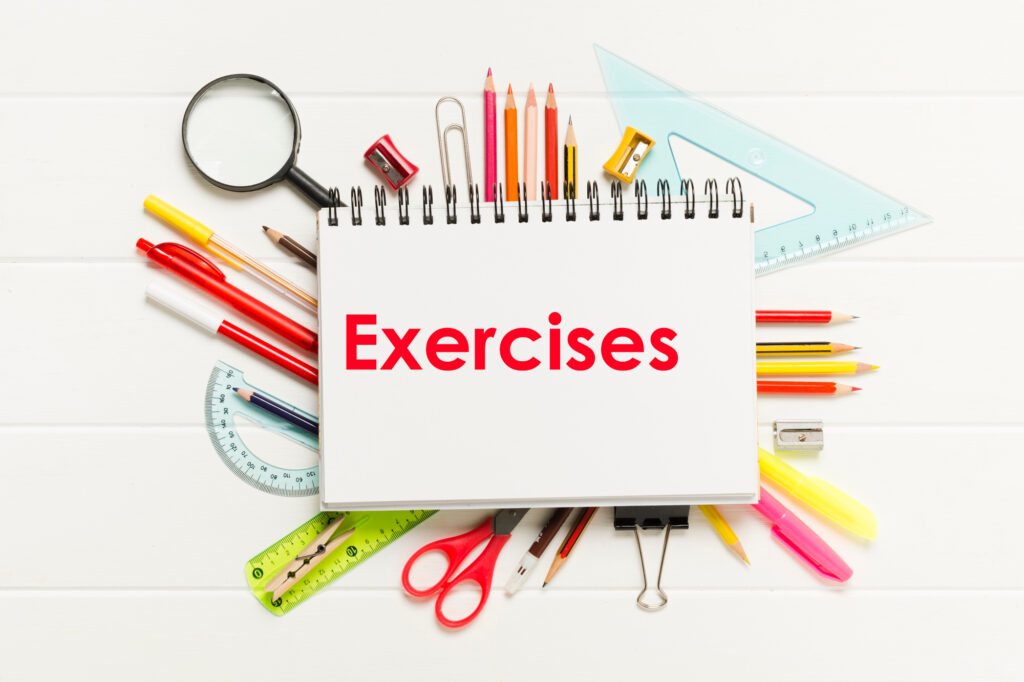
Exercises
A. Identify the type of sentence (Declarative, Interrogative, Imperative, Exclamatory, Optative):
- How are you feeling today?
- I love watching movies.
- Please turn off the lights.
- Wow! That was an amazing performance!
- May you achieve great success!
B. Identify the type of sentence (Simple, Compound, Complex, or Compound-Complex):
- She finished her work and went home.
- Although he was tired, he completed his assignment.
- He wanted to leave, but she asked him to stay.
- Since she was late, she missed the bus, but her friend gave her a ride.
C. Rewrite the sentences in a different structure:
- I like coffee. (Make it a compound sentence)
- Because it was raining, we stayed inside. (Make it a simple sentence)
- She enjoys reading, and she also loves writing. (Make it a complex sentence)
- He was tired. He still went to work. (Make it a compound-complex sentence)
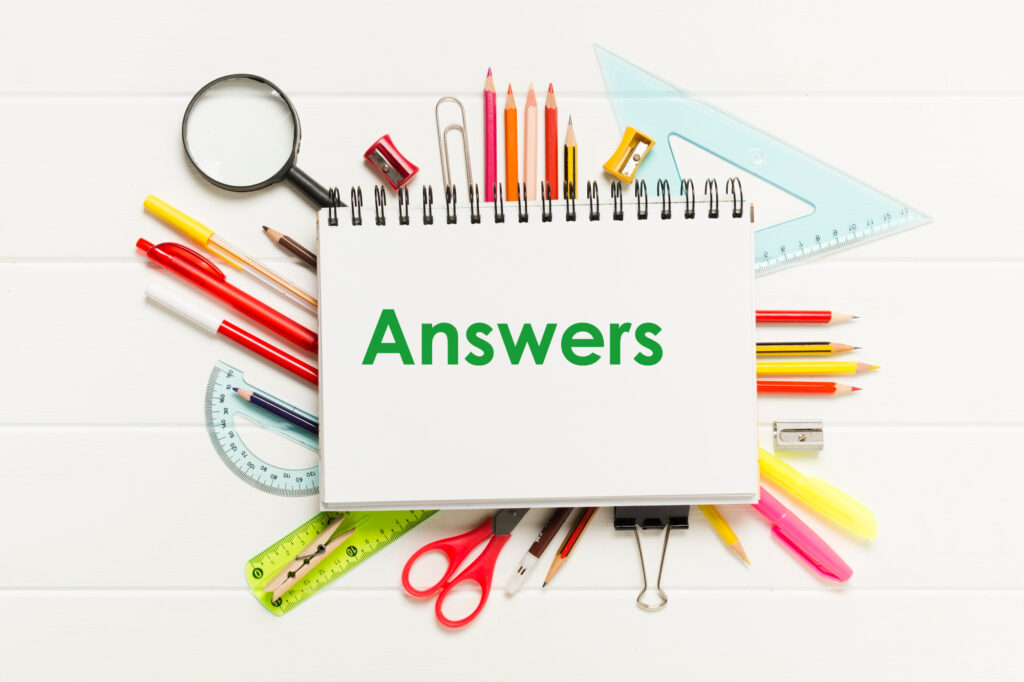
Answers
A. Identify the type of sentence:
- Interrogative
- Declarative
- Imperative
- Exclamatory
- Optative
B. Identify the type of sentence:
- Simple
- Complex
- Compound
- Compound-Complex
C. Rewrite the sentences:
- I like coffee, but I also like tea. (Compound)
- We stayed inside due to the rain. (Simple)
- She enjoys reading because it helps her relax. (Complex)
- Although he was tired, he went to work, but he took a short break. (Compound-Complex)

